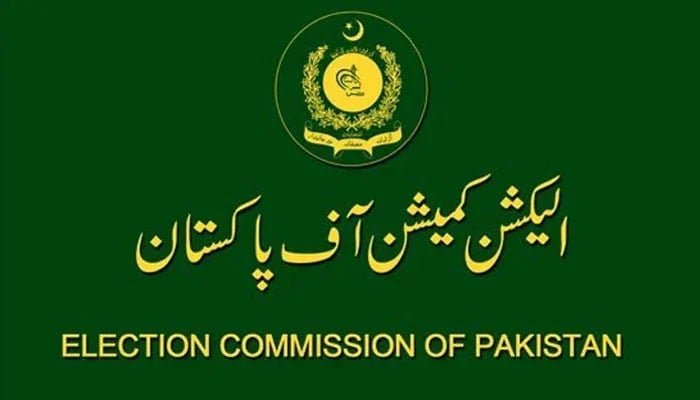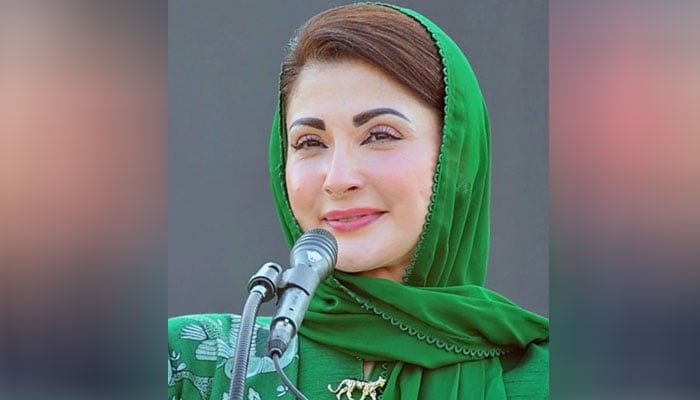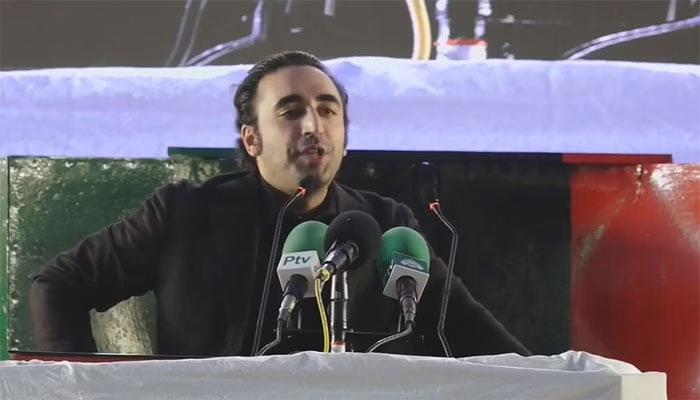Following the rejection of the Sunni Ittehad Council’s (SIC) request by the Election Commission of Pakistan, seats designated for women and minorities have been redistributed among other political parties.
The Election Commission has issued notifications for specific seats in the national and provincial assemblies. In the Khyber Pakhtunkhwa Assembly, notifications have been issued for elected members occupying reserved seats for women. Pakistan Muslim League-Nawaz (PML-N) has been allocated four seats, while Jamaat-e-Islami (JI) and Pakistan Peoples Party (PPP) have been granted two seats each.
Notable individuals like Thubai Shahid, Ghazala Anjum, Shehla Banu, and Shahin Rekhan have been elected to the National Assembly, representing PML-N. Meanwhile, Neelum, Jameel Iqbal, and Ramesh Kumar have secured seats in the Khyber Pakhtunkhwa Assembly.
Additionally, notifications for special seats reserved for minorities have also been issued in the Khyber Pakhtunkhwa Assembly. Jamaat-e-Islami, PML-N, and PPP have each been granted one seat.
The Election Commission’s decision to reject the Sunni Ittehad Council’s request indicates a shift in the allocation of seats for underrepresented groups in the assemblies. This move aims to ensure fair representation for women and minorities in the legislative bodies, in accordance with democratic principles and constitutional provisions.
Similar notifications have been issued for reserved seats for women in the Punjab Assembly. PPP has been allocated two seats, while PML-N has been granted one seat.
In the Sindh Assembly, Pakistan Peoples Party and Muttahida Qaumi Movement have each been allocated one seat for women. Notable individuals like Samina Khaleeq Gharke and Fauzia Hameed have been elected as members representing PPP, while Shadab Mulla Sarindar Walsai has secured a minority seat in the Sindh Assembly on behalf of the Pakistan Peoples Party.
The Election Commission’s proactive measures reflect its commitment to upholding democratic values and ensuring inclusive representation in Pakistan’s legislative bodies. These notifications pave the way for increased participation and diversity in the political landscape of the country.



